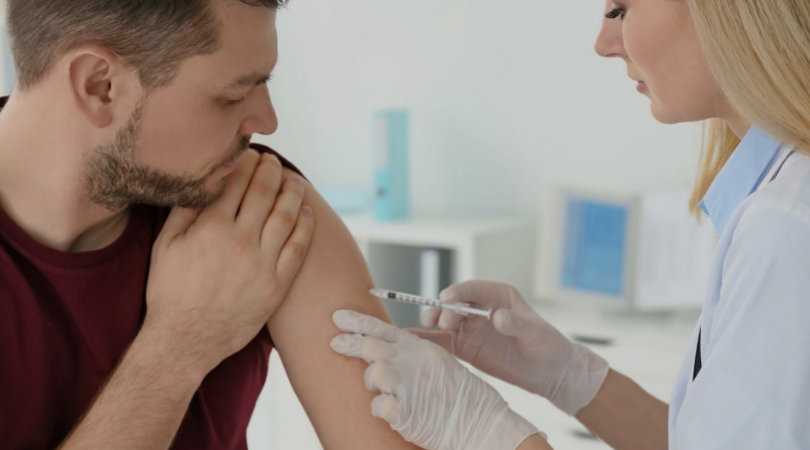Amid the spread of the more infectious delta variant, countries across Europe are scrambling to accelerate coronavirus vaccinations and are in a high-stakes race to prevent hospital wards from filling up again with patients fighting for their lives.
With Europe’s summer holiday months, the urgency has raised with fair weather bringing more social gatherings and governments reluctant to clamp down on them.
Incentives for people to get shots to include free groceries, travel and entertainment vouchers, and prize drawings as social distancing is mostly neglected, especially among the young people and some countries are scrapping the requirement to outdoor masks.
According to the European Centre for Disease Control, which monitors 30 countries on the continent, the risk of infection from the delta variant is “high to very high” for partially or non-vaccinated communities. Hence the president of Cyprus even appealed to a sense of patriotism.
The ECDC warned “It is very important to progress with the vaccine rollout at a very high pace.” According to Maria Van Kerkhove, its technical lead on COVID-19 the variant makes transmission growth “exponential.” The World Health Organization is also showing their concern.
The Daily new case numbers are already increasing sharply in countries such as United Kingdom, Portugal and Russia. In the U.K., cases of the delta variant have increased quadruple in less than a month, with confirmed cases Friday up 46% on the previous week.
Portuguese health authorities reported this week that a “vertiginous” surge in the occurrence of the delta variant, which accounted for only 4% of cases in May but almost 56 per cent in June.
The number of COVID-19 patients in hospitals has exceeded 500 for the first time since early April and the country is reporting its highest number of daily cases since February.
According to reports of new infections Russia recorded more than doubled numbers in June, topping 20,000 per day this week, and deaths hit 679 on Friday, the fourth day in a row that the death toll set a daily record.
Still, “no one wants any lockdowns,” said Kremlin spokesman Dmitry Peskov at a briefing, although he admitted that the virus situation in a number of Russian regions is “tense.”
The virus is spreading much faster among younger people in some countries. In Spain, the national 14-day case notification rate per 100,000 people increased to 152 on Friday. But it shot up to 449 for the 20-29 age group. Those numbers have stimulated alarm across the continent.
However, Greece is providing the young adults 150 euros ($177) in credit after their first dose. To help head off a feared new increase in cases, the Dutch government is spreading its vaccination programme to those aged 12-17.
Rome authorities are also contemplating the use of vans to vaccinate people at the beach. While Poland last week launched a lottery open only to adults who are fully vaccinated, with new cars among the prizes.
Portuguese authorities have extended the hours of vaccination centers, created new walk-in clinics, called up armed forces personnel to help run operations, and reduced the period between taking the two doses of the AstraZeneca vaccine from 12 weeks to eight weeks. Cabinet Minister Mariana Vieira da Silva said, “We’re in a race against the clock.”

